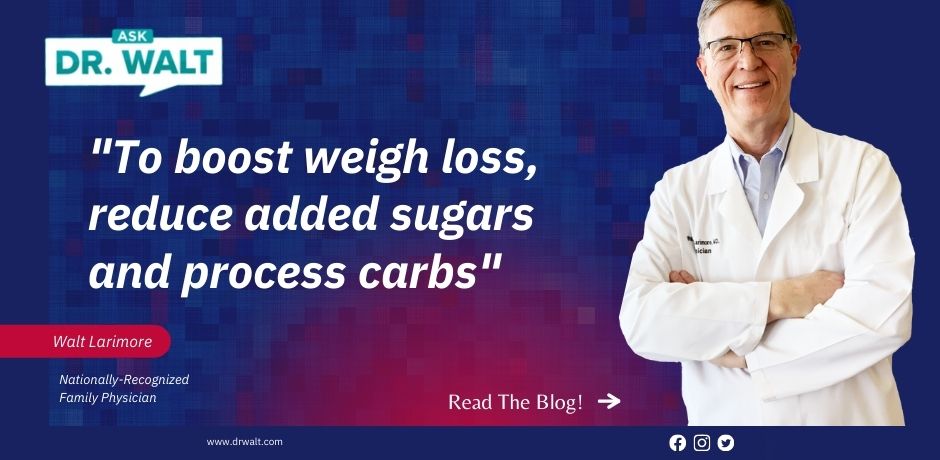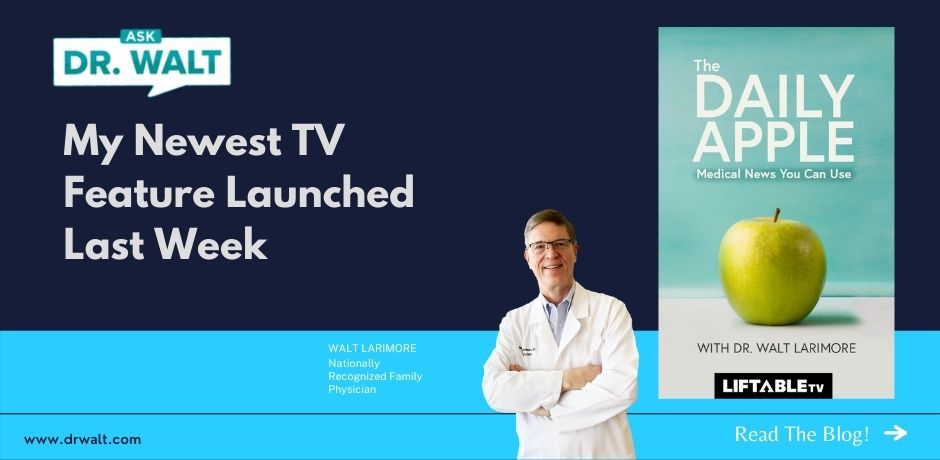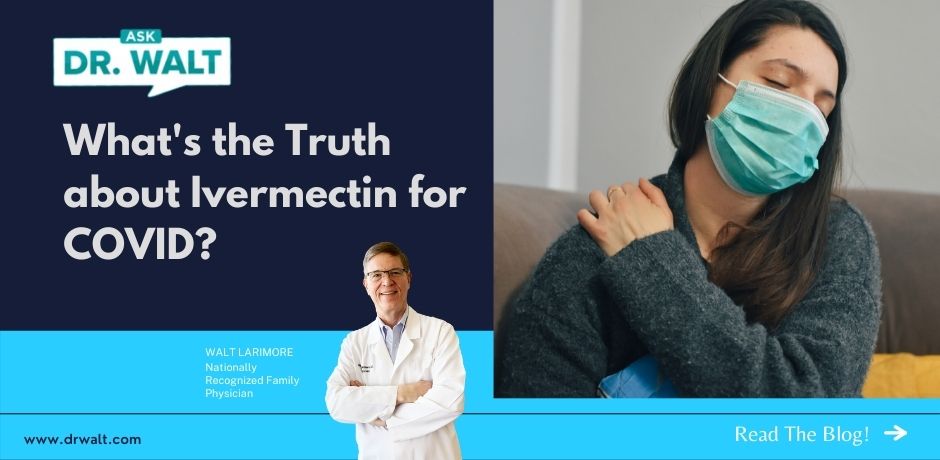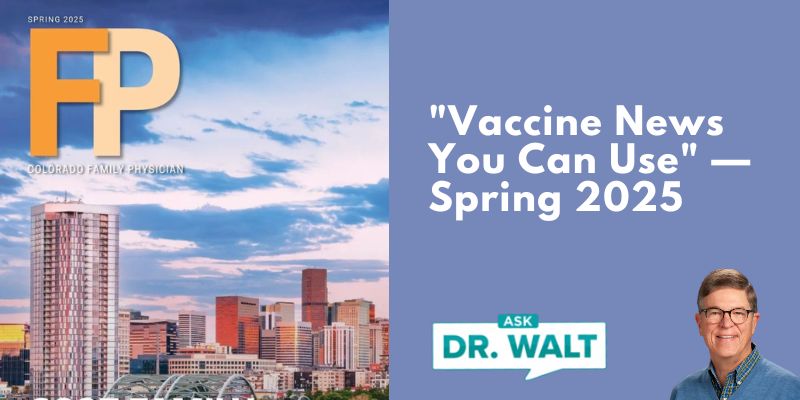
To boost weight loss, reduce added sugars and processed carbs
October 15, 2021
My Newest Television Feature Launched Last Week
October 17, 2021If you’re like the average person I’ve talked to, you’re really confused about Ivermectin to prevent or treat COVID. Some swear by it, some swear at it, and most are just confused by the debate. My dear friend, Dónal O’Mathúna, PhD, may have come as close to the truth as anyone I’ve heard.
Dónal is an Associate Professor at the College of Nursing and Center for Bioethics and Medical Humanities and the Director of a Cochrane Affiliate, the Helene Fuld Health Trust National Institute for Evidence-based Practice in Nursing and Healthcare, both at The Ohio State University.
Dónal is a devout Christian and a superb researcher and writer, who is as evidence-based as anyone I know. I was honored to be his co-author for his best-selling book, Alternative Medicine: The Christian Handbook, Updated and Expanded.
Dónal gave a short and technical review on ivermectin for COVID to a group of scientists and researchers: Ethics and integrity in reviewing research: lessons from ivermectin. Even if you don’t understand all the technical jargon, he explains how different researchers can come to wildly different conclusions and confuse the public, policymakers, and even professionals:
- One group of researchers, in a July/August 2021 review of all currently available studies, wrote, “Moderate-certainty evidence finds that large reductions in COVID-19 deaths are possible using ivermectin. Using ivermectin early in the clinical course may reduce numbers progressing to severe disease. The apparent safety and low cost suggest that ivermectin is likely to have a significant impact on the SARS-CoV-2 pandemic globally.”
- Meanwhile, another group of researchers, in a July 28, 2021 review, looking at the exact same studies, said, “We found no evidence to support the use of ivermectin for treating or preventing COVID-19 infection, but the evidence base is limited.”
Who is correct?
It now appears one side included what is pretty clearly fraudulent and ethically questionable data, while the other side excluded the bad actors.
Obviously, fraud is not on the side of truth. Which group included only reliable evidence? Find out in Dr. O’Mathúna’s excellent presentation.
As another group of researchers and scientists, who agreed with Dr. O’Mathúna, recently concluded:
“Research related to ivermectin in COVID-19 has serious methodological limitations resulting in very low certainty of the evidence and continues to grow. “The use of ivermectin, among others repurposed drugs for prophylaxis or treatment for COVID, should be done based on trustable evidence, without conflicts of interest, with proven safety and efficacy in patient-consented, ethically approved, randomized clinical trials.”
This blog was accurate as of the day of posting. However, as the COVID-19 pandemic rapidly evolves and the scientific community’s understanding of the novel coronavirus and the COVID vaccine develops, the information above may have changed since it was last updated. While I aim to keep all of my blogs on COVID and the COVID vaccine up to date, please visit online resources provided by the CDC, WHO, and your local public health department to stay informed on the latest news.
© Copyright WLL, INC. 2021. This blog provides a wide variety of general health information only and is not intended to be a substitute for professional medical advice, diagnosis, or treatment from your regular physician. If you are concerned about your health, take what you learn from this blog and meet with your personal doctor to discuss your concerns.



